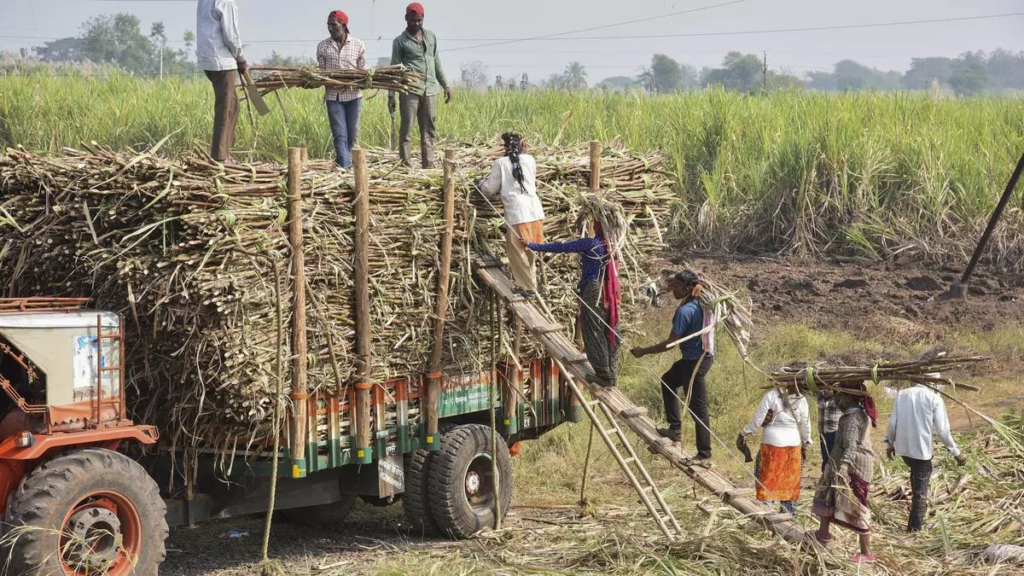
Context:
Alliance for Sustainable and Holistic Agriculture (ASHA) arouses an eyebrow on the Draft National Policy Framework on Agricultural Marketing.
Key Highlights:
- It alleges that the draft tries to push the dead farm laws and to add deregulation of agricultural markets.
- It must be noted that the association has argued that the draft should have been produced with the widest national consultation although agriculture is a subject in the state.
- This might have been interpreted as an attempt through backdoor entry of repealed farm laws as the draft does not specify regulation of agricultural markets as one of the key strategies.
- There is no concrete proposal because the draft is about infrastructure gap bridging in agricultural marketing and excludes international trade policy effects on farmers.
- The policy encourages private and unregulated markets without availability of data and all issues related to it.
The Alliance for Sustainable and Holistic Agriculture (ASHA) is a network of individuals and organizations that works to promote sustainable agriculture and food security.
- Established
- 2010
Also read: National Policy Framework on Agric
Detail of the reform proposed
- The new policy framework that the Centre has proposed for agriculture marketing seeks to free up the markets of agriculture for states following protests by farmers over the scrapped farm laws.
- A collaborative approach between the Centre and the states is advocated by the draft policy on reforms in farm markets.
- It provides a GST-like body of state ministers to arrive at consensus on farm marketing, including an integrated national market for the agricultural produce with single licensing and fee.
- The draft policy also recognizes the imperative role of states and, as such, appeals for the formulation and notification by the states of their very own policy framework for the agricultural market.
- Political economy plays an important role in the state level, hence reforms in agriculture marketing should be made based on political economy by states.
- Centre has identified 12 reform areas, which it wants to pursue with states, including among others allowing private wholesale markets, framing rules under Acts, and facilitating direct purchases from farm-to-gate by processors, exporters, organised retailers, and bulk buyers in bulk.
- The draft policy also seeks the de-control of selling of perishables outside of the market, which it states has been undertaken in a rather uneven manner.
2020 Farm Laws and Draft Policy on Agriculture Marketing
Flashback to 2020
- The farm laws in 2020, consisting of the Farmers’ Produce Trade and Commerce (Promotion and Facilitation) Act 2020, were flayed for being a violation of the rights of states to legislate on matters of marketing of agriculture.
- The Act created an ecosystem for farmers and traders to sell and buy outside designated mandis without any tax or levies.
- A nonBJP-ruled state, Punjab, also opposed the farm laws, passed three state Assembly legislations to limit the role of the Central Agriculture Acts.
- Two Congress-ruled states, Chhattisgarh and Rajasthan had planned similar legislation to nullify the Central acts.
Contract Farming
- The draft policy avoids Central oversight over contract farming, instead referring to the model Contract Farming Act of 2018.
- The policy promotes contract farming as a market and price risk mitigating tool which is useful for perishable crops whose prices are prone to volatility and processable and exportable crops.
GST-like Body
- Draft Policy Proposes an Empowered Agricultural Marketing Reform Committee of State Agricultural Marketing Ministers to Push States towards a Unified National Market for Agricultural Produce.
- It Recognizes the Primacy of States and Seeks Consensus Building.
















